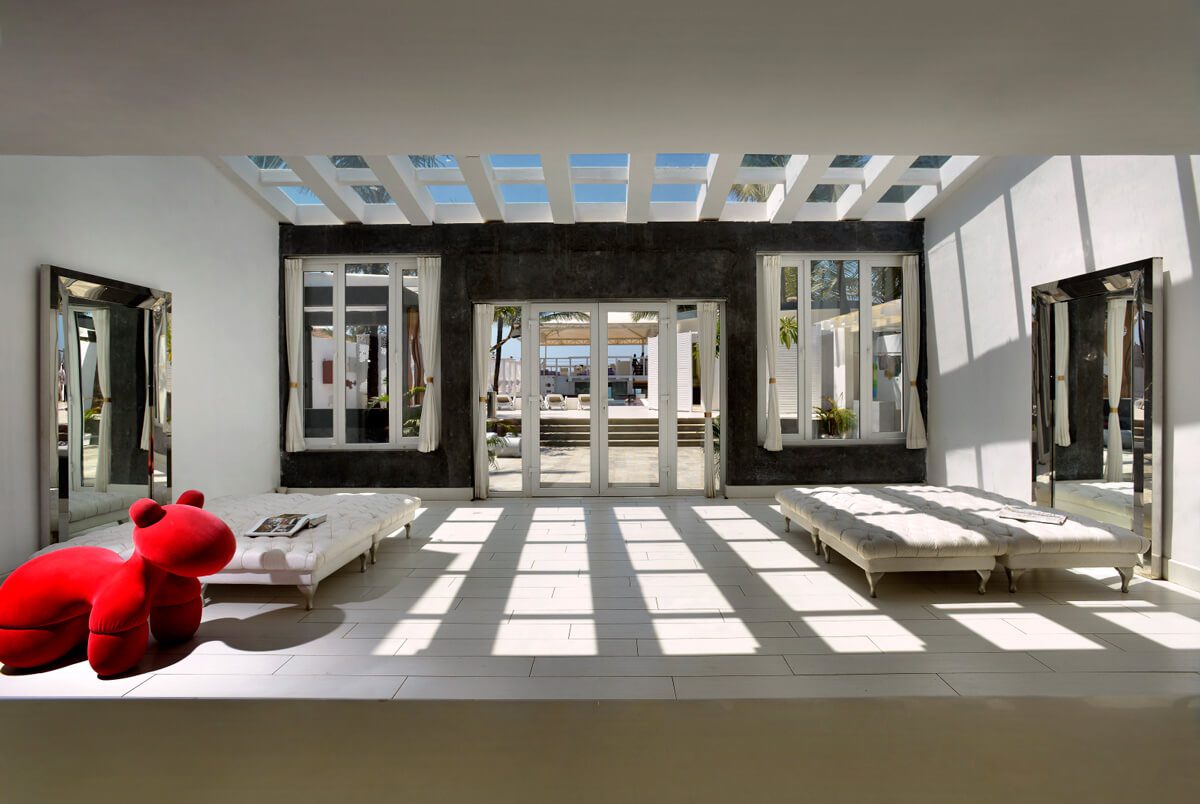 Priya Paul, one of India’s most prominent entrepreneurs, is chairperson of the design conscious, luxury five-star boutique hotel group ‘The Park Hotels’. She is heir to the Apeejay Surrendra Group, owners of Typhoo Tea, and her determination, spirit for hospitality and flair for design awarded her India’s fourth highest civilian honour, the Padma Shri in 2012 (for her services to Trade & Industry by the President of India). The President of the French Republic granted her Insignia of Chevalier de l’Ordre National du Mérite (National Order of Merit) an Order of State. Kitty Harris talks to Priya about the Indian luxury market, leadership and innovating whilst staying true to heritage.
Priya Paul, one of India’s most prominent entrepreneurs, is chairperson of the design conscious, luxury five-star boutique hotel group ‘The Park Hotels’. She is heir to the Apeejay Surrendra Group, owners of Typhoo Tea, and her determination, spirit for hospitality and flair for design awarded her India’s fourth highest civilian honour, the Padma Shri in 2012 (for her services to Trade & Industry by the President of India). The President of the French Republic granted her Insignia of Chevalier de l’Ordre National du Mérite (National Order of Merit) an Order of State. Kitty Harris talks to Priya about the Indian luxury market, leadership and innovating whilst staying true to heritage.
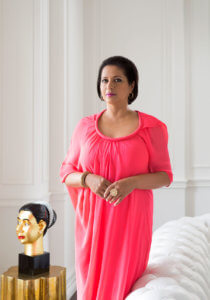
Priya Paul
LUX: Apeejay Surrendra Group has been running for over 100 years. How has the business evolved since it began?
Priya Paul: The family business started over one hundred years ago with my grandfather and my father’s brothers and the business was originally in steel – in steel trading, small manufacturing and then into steel production. It then moved into shipping. We do dry bulk cargo ships and shipping, and we still have that business.
Later we added businesses such as hospitality, tea, real estate, finance, logistics and a whole lot of other businesses. Right now, it is my brother, my sister and myself who run the business and the main sort of businesses are shipping tea. We are the largest producers of tea in the country and we own Typhoo UK. We also have a hospitality business, real estate, logistics and other financial investments.
Follow LUX on Instagram: the.official.lux.magazine
LUX: What is the greatest challenge facing a group with so many different branches of investment?
Priya Paul: Indian businesses have been more diversified and have responded to many of the needs that the country has had in terms of investing. Traditionally, a lot of Indian business houses have largely been diversified. Firstly, to respond to the different needs and industries that arose when India was in its early decades of birth. I think having a diversified list of assets has been quite good for us over the long term; sometimes one thing is a drag and in other times, another one is. Particularly in a large family it has been quite good, because everyone has their own space.
LUX: It’s a family run business, is this ever difficult?
Priya Paul: Our family business was much larger, until we split up in 1989. Since then it has been my brother, my sister and myself. My mother and one of my uncles were also involved the nineties, so at one point there were five of us in the business. As I said, the business is large enough for everyone to have their own space. Yet, we make a lot of decisions together, certainly in the larger investments or re-investing. Decisions are made by us siblings now, together, and I think as we’ve grown up pretty much in the same age we see a lot of the same things and our world view is very similar. It has been quite rewarding for us.
LUX: You began your career under your father, the late Surrendra Paul, what was the greatest lesson you learnt from him?
Priya Paul: I worked with my dad for about a year and a half before he died. I think my father was very disciplined and I could see that in his work and in what he did. I can’t say I’m as disciplined, but it is something I try to emulate. He was especially disciplined and so I learnt from that. He would say, “work hard and play hard, and enjoy life too”. So that is how I live my life.
LUX: You’re the Chairperson of Apeejay Surrendra Park Hotels – what is the key to its success?
Priya Paul: We are celebrating fifty years this year. It has always been a very young and vibrant company that reflected a contemporary aesthetic, even when it first opened in 1967. I would say my role has been to actually reposition and build it for a new generation of travelers and customers – both Indian and international. The success has really been to reinvigorate the brand, provide it with meaning and to position it as something that is far from ordinary. That’s my tagline: ‘anything but ordinary’.
LUX: The Park Hotels have new properties under construction, Chettinad (old palace conversion), Mumbai and Jim Corbett National Park – how do you decide on location and maintain the five-star level across so many properties?
Priya Paul: We have two brands now. We have one called The Park, which is a fifty-year-old, luxury, five-star brand with full service that’s routed in the design. When I go to look at a property, I want something from the interiors that I can create a unique identity with. Personally, it is very important for the space to be creative, interesting and not like any normal hotel you might see. The site and location are dependent on the type of city, as the city must be able to take that kind of hotel. We have now also launched a brand called Zone by the Park, which I call a design and price conscious hotel. Similar in essence to that of The Park, as they are still fun, lively and vibrant and remain a reflection of the local space. However, they are in smaller spaces in smaller cities and the hotel size typically ranges from 65 rooms to 300 rooms at most. The idea here is to create a vibrant, big-city atmosphere within a small city. Since that is what the smaller, growing, cities in India want and need. There is a whole aspirational class of customers that want a nice bar and restaurant with international food, as well as the local specialties. They want spaces where they can entertain and have their weddings.
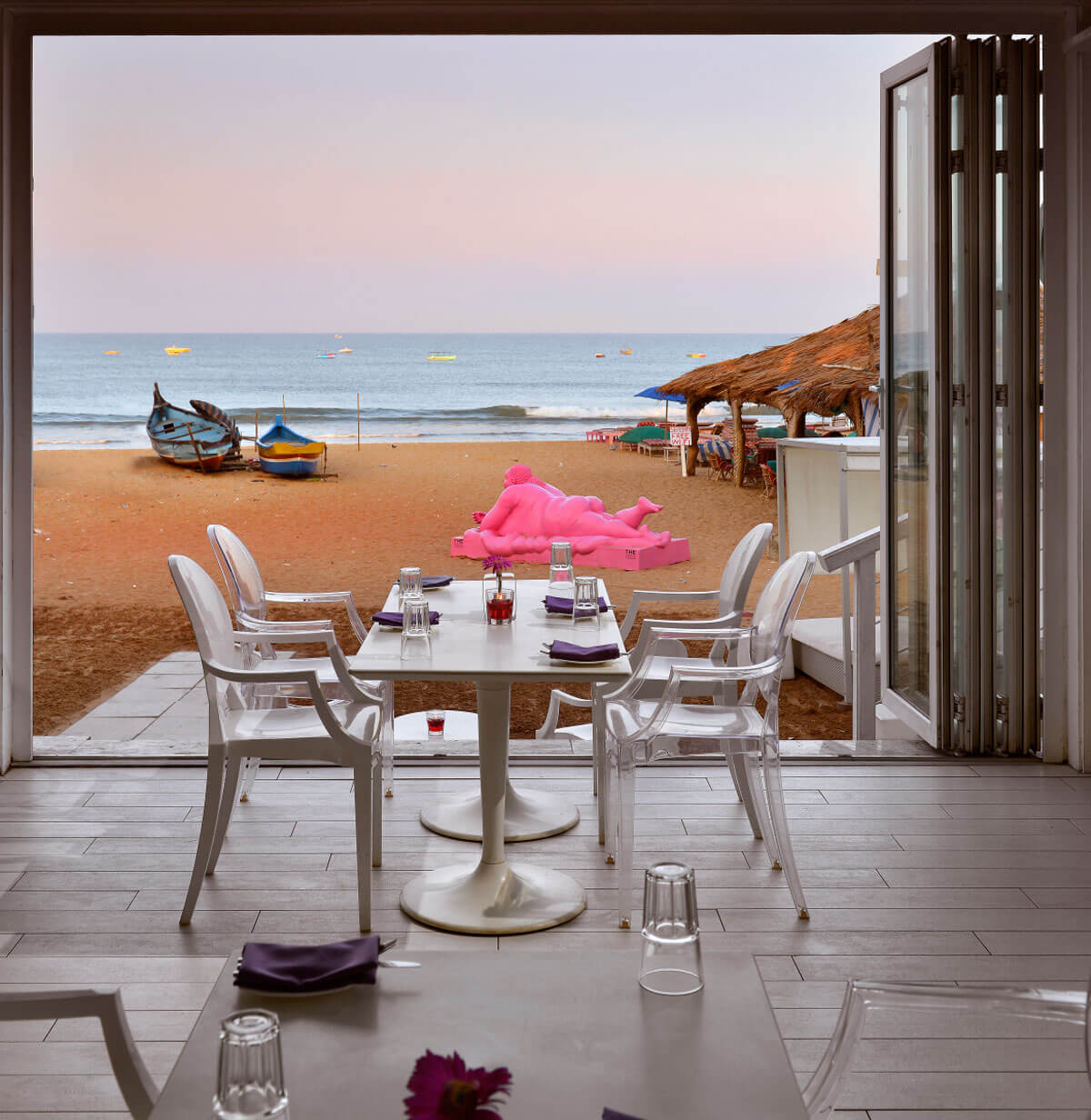
LUX: How do the contemporary luxury boutique hotels (The Park Group Hotels) set themselves apart from the rest?
Priya Paul: I think it’s a combination of many things. We orchestrate the whole design and aesthetic of how the hotel looks; however, it is also how the hotel behaves. This is in terms of how the spaces interact and how the customer feels when they relax and are at ease in a place. There is still outstanding service, but our staff have been trained to deal with customers on a more equal basis and to be more relaxed and casual with them. It seems very simple now, but when we discussed it twenty years ago there was big kind of difference between how staff in a hotel would be treated by customers. There was a class difference and I think that has changed because hotels now attract younger service staff. I feel we have taken care to hire creative people with individuality, who are able to deliver that service in a different way. When we started talking about that around twenty years ago, that was quite a unique approach and that is the feel when you go into The Park. It is relaxed and casual and people are friendly. You have everything you might need and want, in an environment that is fun, creative and interesting.
Read next: The bohemian allure of Chiang Mai
LUX: Is it important to hold on to heritage and tradition or to keep current?
Priya Paul: I think it’s a combination of two things. I am a firm believer that you need to know your culture and heritage and to preserve part of it, whilst allowing yourself to move forward. So, it’s a tricky balance. That being said, one of the hotels that we are currently restoring is in a palace. I firmly believe in heritage conservation and I believe this also applies to food. Twenty-five years ago we were not even exploring what our Indian food heritage was. But within twenty years, people have caught up and realised we are losing our grains, our vegetables, our techniques and our recipes. It is very important that we preserve those, but also that we move forward with them. Our food does not have to look the same for five hundred centuries. It has to evolve. For example, we host The Parks New Festival, which is a performing arts festival that now runs in six cities for a month – we started off in just one city! We do this because it’s actually for new performances not the old stuff, we want creatives to push and move forward. So how do you push comedy or music or dance? There’s that and I also think maybe it’s from my personal interest; you have to know your tradition, but we must still know how to move forward, explore and experiment.
LUX: How has the hospitably climate changed in India and how did you respond to these changes?
Priya Paul: We’ve always had a few very good luxury hotels because a lot of the palaces were converted. What’s happened in the last twenty five years, is many of the Indian brands invested in some great
properties and developed new circuits and new properties in lots of locations. A lot of the international brands have come in with their high-end brands, whether it’s Grand Hyatt and The Four Seasons. I think it has changed a lot. We have about eight million international tourists traveling into India but we have over 400 million Indian travelers traveling. So, the strength of the Indian market has never been better. At all levels of the 400 million people you need hotels and accommodation. And as people earn more money they want to move on to the next best thing. So, there is a lot of demand for luxury products within India, whether it is cars,hotel rooms, luxury dining or experiences. That has fueled a demand to supply and create those products. At all segments of the market I’ve seen growth; we are growing at seven something percent.
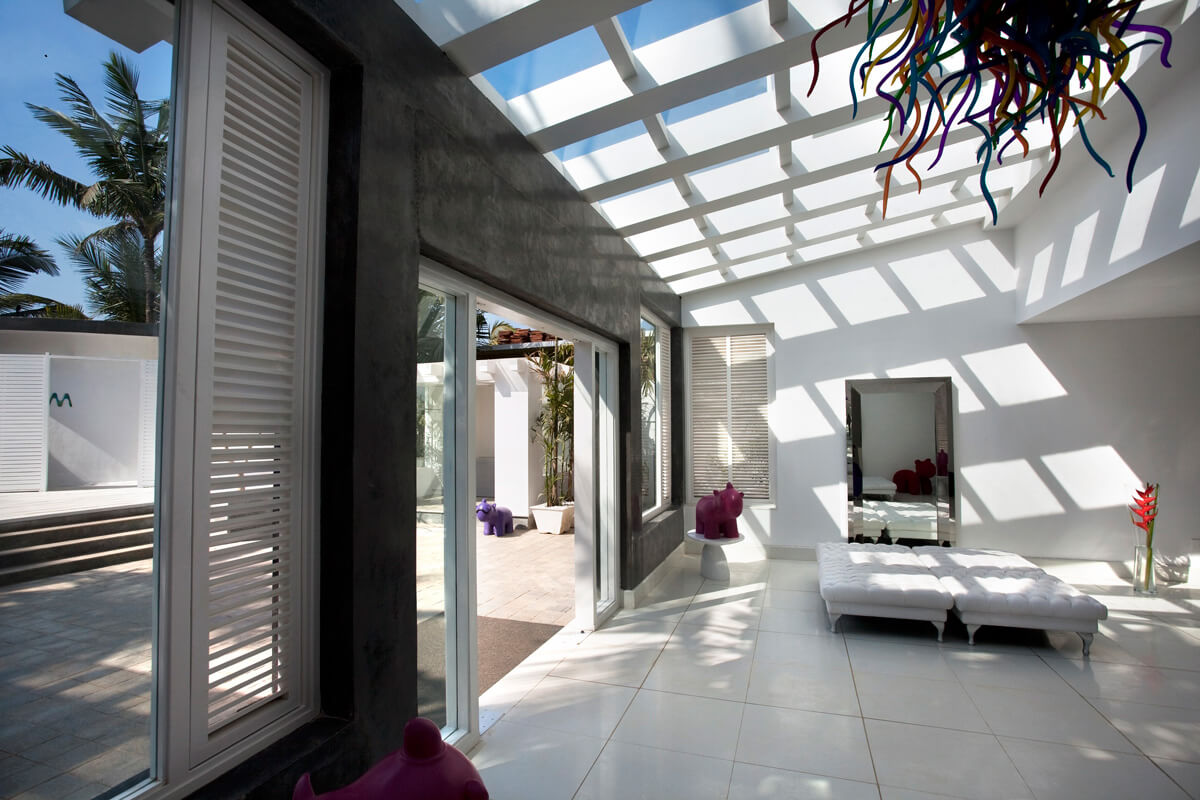
The Park Calangute Goa
LUX: What’s the ultimate luxury in hospitality?
Priya Paul: You know I think I’m more of an explorer, I like exploring new places and cities or neighborhoods. For me, the luxury is in the exploration, in getting to know the area. I used to plan everything a lot more and now I just go to a place and I just discover. I think that’s also quite exciting, to just explore and you never know what you are going to find. Also, I always look for a hotel that is interesting, design wise. I typically don’t choose a chain hotel to stay in, unless there are brands doing new things. I don’t mind doing things once or twice, just to see what’s on. I look for a clean aesthetic, contemporary rooms; similar to what I do now with hotels. On the other hand, I also sometimes like grand, luxurious hotels and those old-fashioned hotels can sometimes be quite charming and interesting too. It depends on the destination.
LUX: You are a trustee of Indira Gandhi National Center for the Arts (IGNCA) and board member of the National Council of Science Museums. You’re passionate about art and design, an art collector too – where did your love of the arts begin and how do you incorporate it into what you do?
Priya Paul: I think my love of the arts started off because I lived in Calcutta with my parents. Calcutta at that stage, and even now, is considered a very artistic city. The people are artistic and into the arts whether its music, dance, theatre or fine art. At a young age I did oil painting and my parents would take us to all the exhibitions in town. And at that time, in the seventies, there weren’t many art exhibitions in India but there were some in Calcutta. We would go to exhibitions, to see art and new artists. At that time, my parents collected art for the hotels, as well as personally, and so we were exposed to it at a young age and it just stayed with me.
Read next: The hottest new hotel opening on the Vietnamese coastline
LUX: You’ve received numerous accolades and acknowledgements that include the FHRAI (Federation of Hotel and Restaurant Association of India) who inducted you into their hall of fame in 2010. You were awarded “Excellence in Design Innovation 2011” by Condé Nast Traveller India. Which one was the most special to you?
Priya Paul: Numerous and I think a lot of them are from the industry. In the early years, it was very important to get those recognitions from the industry because I was not from the industry. I was doing something quite disruptive, I was making people look at hotels in a different way. It was great to be recognised then as doing something different and being successful but I think the most proud moment was the one I got from the government of India in 2012. The Padma Shri, the fourth highest civilian honour, which was completely unexpected. I am probably one of the youngest people to get it in the industry and that was a very lovely recognition.
LUX: What does it take to be a good leader?
Priya Paul: Leadership requires different things at different times. I think I have a good “people instinct” and I enjoy working with people. But I’m also not afraid to make decisions and I think you have to be courageous as a leader, to make decisions whether they are bad or good. And you have to perform and stick by your decisions.
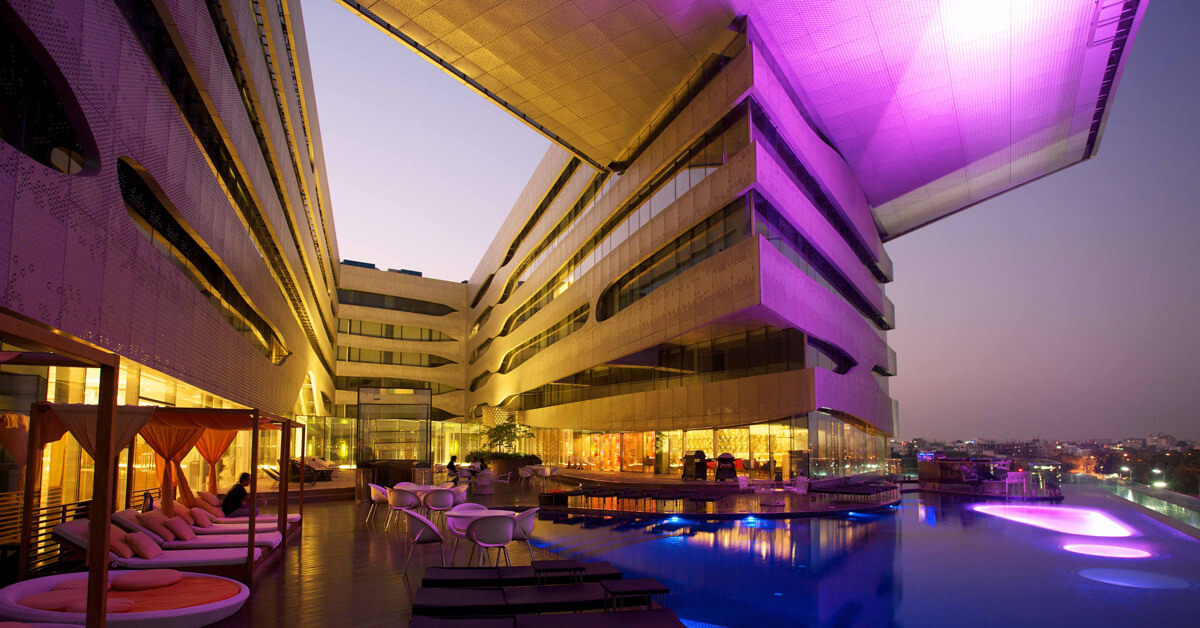
The Park Hyderabad
LUX: You’re a powerful female figure, with Forbes recognising you as top 100 most powerful business women in India – have you ever faced challenges in business from your gender?
Priya Paul: I’m lucky, in that I work in my own family business. When you work in your own family business you get the benefit of people accepting you because you are in that ownership and leadership role. Having said that, I started working at a very young age and I was also working at a time when there were very few young people working in business at a leadership level. Very often I felt people looked at me and thought you’re too young to be making that decision or to be in a decision-making role. I got more of a youth bias than a discrimination bias. But I was the owner and when in that position, you obviously have to handle yourself correctly whether you’re young or a woman. To me it doesn’t make a difference whether you’re a man or a woman, as long as they perform. But there are many people who have issues with it. I didn’t directly face that gender bias because of the industry I’m in. Even when I joined as a marketing manager, and General Manger of one hotel, when my father was around there were quite a few women in leadership roles in hospitality, because hospitality was much more equal. Women would always be heads of Sales and Marketing or Housekeeping, with a few General Managers and a few chefs. So there were even people twenty-five years ago in those leadership roles. There were some powerful women, even in hospitality.
LUX: Why was it important for you to be a Chairperson for the South Asia Women’s Fund?
Priya Paul: I was invited by Ford Foundation to be one of the founding directors of the South-East Asia Women’s Fund and I have always been a proponent of women’s empowerment and women’s leadership. Partly having had leadership roles in my School and College and having gone to a very pure feminist college in the US. It’s always been a part of my consciousness and so it’s my way of giving back and providing that leadership to the organisation. I was a director for many years, and I was elected to be chair a few years ago. It’s very interesting as I’m not from the field of women’s rights or activism but I think the organisation needed me to give it more direction, which I think has been quite successful. The organisation is doing good work.
LUX: If you hadn’t of gone into the family business, what would you have done?
Priya Paul: Well I’m asked that question a lot, and I have a standard answer for that. For many years I’ve said I would have been a chef. Cooking and food; it’s also a passion of mine. And luckily, I have wonderful chefs and I get to live vicariously through them. But that’s what I would’ve done, I would have run my own restaurant.

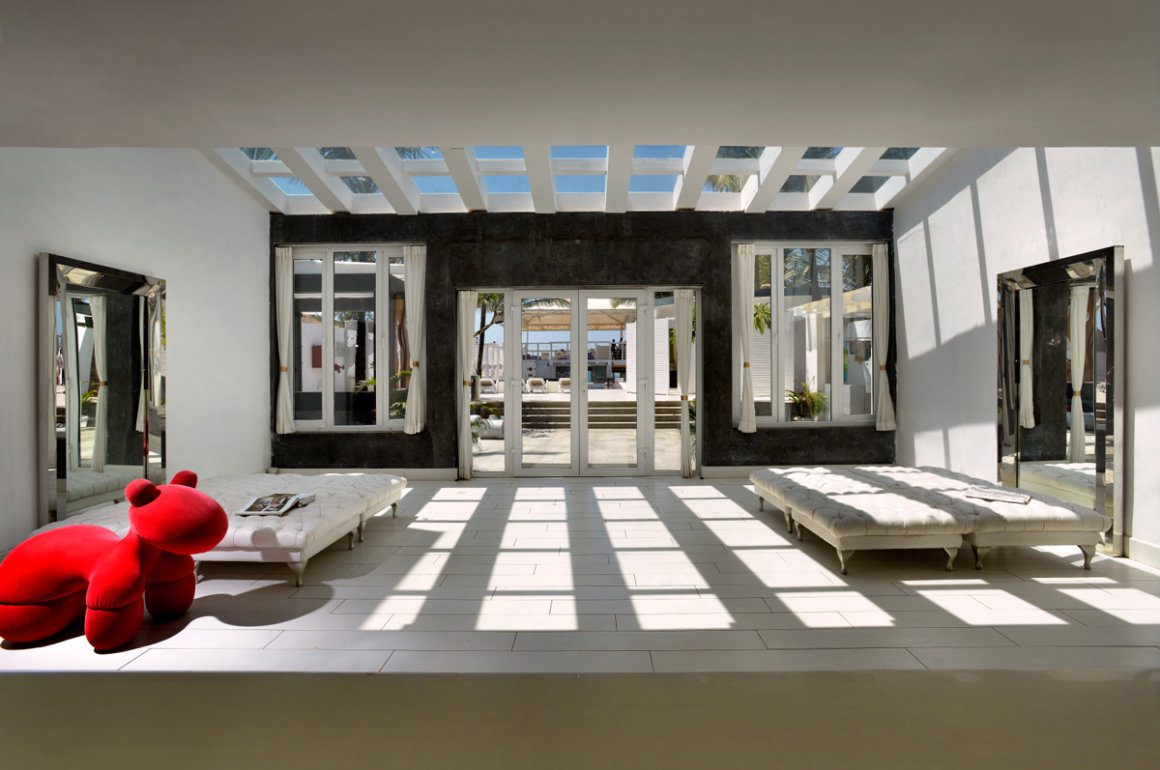
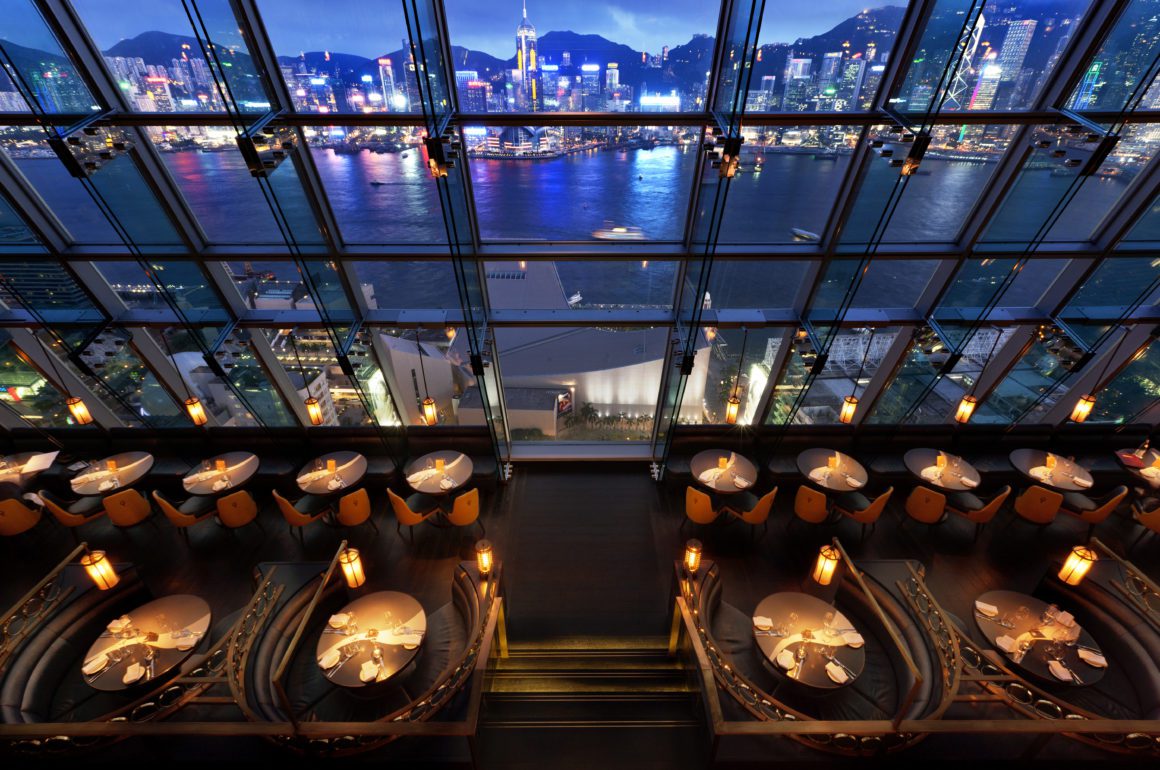








Recent Comments